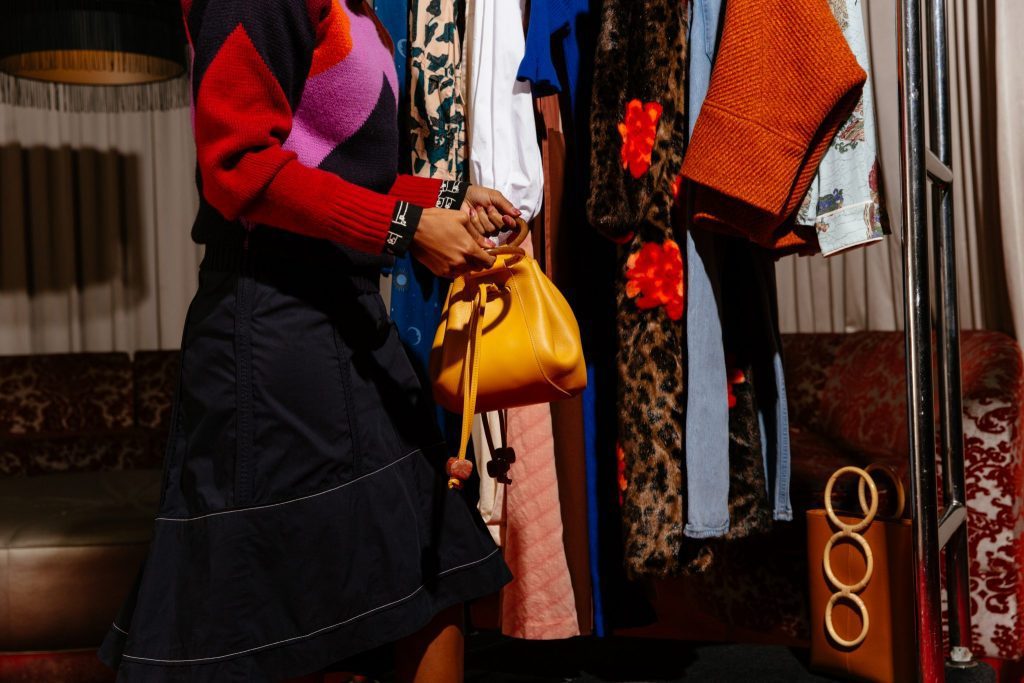A New Market for On-Demand Luxury Fashion Delivers

Skift Take
Rental is the future of fashion, and the trend could transform how we pack and plan for upcoming trips. What businesses are ready to serve the demand?
Fashion has always had its role in luxury hospitality whether in the form of on-location tailors and stylists or storefronts for the world’s most exclusive brands. Now a combination of technology, a shifting consciousness around sustainability, and an ever-growing luxury traveler base is leading to the rise of fashion concierges and rental services for the modern high-end traveler.
Today's luxury travelers want to make their lives easier and do so in a sustainable way. Having a wardrobe waiting in your room — and subsequently less to pack — is now achievable thanks in part to a rise of rental fashion. Luxury consumers are increasingly aware of the environmental problems with fast fashion, and renting high-end brands seems to be one antidote to the industry's waste. Luxury travelers also want to travel lighter and live like a local by wearing brands that are unique to a country or an outfit that's guaranteed to fit the scene.
While some of the founders Skift spoke with are not convinced that a fashion concierge will ever truly replace your own personal items, others are set on eliminating the need to pack at all. Each of the services we explore promises to cut down on luxury consumers’ waste, lighten their luggage, and help them look their best in a new place. We'll look into whether they can deliver on that.
Rent the Runway dives Into Hospitality
The most high-profile example of the growing opportunities for fashion concierges and rental services in the travel sector is the recently announced partnership between Rent the Runway (RTR) and W Hotels. The RT
